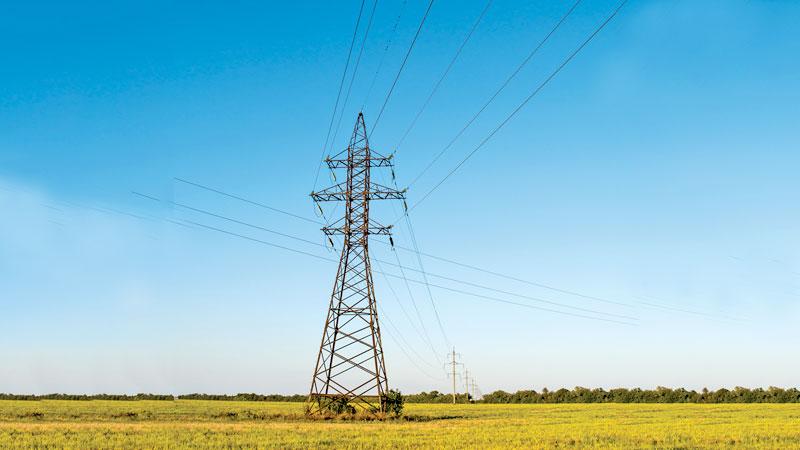
- ‘Need of the hour is to avert a crisis’
- 400 Mw solar and wind-power plants in the pipe line
- priority for coal and LNG mix option

The Ministry of Power and Renewable Energy will forward a Cabinet paper this week seeking the government’s approval to decide which option is most suitable for the CEB’s Long Term Generation Expansion Plan (LTGEP), Secretary to the Ministry Dr. Suren Batagoda told the Sunday Observer.
The decision comes in the wake of Public Utilities Commission’s (PUCSL) negative response to the plan’s proposals, gathered through a public forum where stakeholders and other interested parties had an opportunity to voice their observations and concerns on it, and requested the Ministry to inform them of its best solution of the proposed plans.
“There were mixed responses to the plan that we forwarded to the PUCSL.
“The biggest criticism has been on the use of coal. What is opted for is mixed energy consisting of coal, Liquefied Natural Gas (LNG) and renewable. The PUCSL has asked the Ministry what our policy is. Since we are one of the stakeholders I intend to put forward a Cabinet paper seeking what the government’s policy is. What I am suggesting is the least cost policy, that is what the act states as well,” Dr. Batagoda said.
The secretary further went on to say that if the government decides to opt for a mechanism based on other factors and not cost, the Treasury will have to bear the cost difference.
“According to the CEB estimates the lowest cost is to opt for both coal and LNG mix option,” Dr. Batagoda said.
According to the PUCSL, the CEB’s base case plan does not align with the government’s policy of moving towards renewable energy with zero emission.
Another observation that was put forward at the public forum held by the PUCSL was that the forecasts made into this 2018-2037 plan were erroneous and sought that the LNG and the Coal option have no cost difference. It was highlighted that the report had failed to take into consideration factors such as the depreciation of the Sri Lankan rupee and also that it had not based its projections on economic values but on current market values.
The secretary further went on to say that if the government decides to opt for a mechanism based on other factors and not cost, the Treasury will have to bear the cost difference.
“According to the CEB estimates, the lowest cost is to opt for both coal and LNG mix option,” Dr. Batagoda said.
According to the PUCSL, the CEB’s base case plan does not align with the government’s policy of moving towards renewable energy with zero emission. A CEB official speaking to the Sunday Observer said that it is important to decide and move forward although arriving at a consensus on such matters can be a tall order, as the need of the hour is to avert a crisis.
